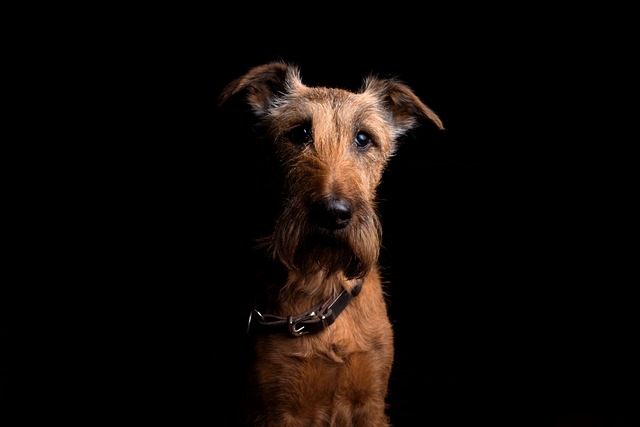
How to stop my dog from barking at strangers on walks?
Tired of your dog’s endless barking at every passerby during walks? You’ve probably felt that mix of frustration and embarrassment when your pup lunges and growls at innocent strangers.
There’s nothing quite like the heart-melting joy of bringing home a wiggly new puppy—until you step in a warm puddle by the sofa. If you’re finding "surprises" behind the curtains or near the shoe rack, take a deep breath. Puppies aren’t being naughty; their tiny bladders and underdeveloped muscle control make accidents inevitable. Biologically, pups under 4 months can only "hold it" for about 1–2 hours! The secret lies in predicting their needs before nature calls.
Start by mapping out a strict potty schedule tied directly to your puppy’s activities: the moment they wake up, 15 minutes after meals or big drinks, after intense play, and every 1–2 hours otherwise. Carry them outside (walking risks mid-route accidents) to a consistent grassy spot. Use a cue like "Go potty" as they eliminate, then celebrate instantly with high-value treats and happy praise—this links the action with the reward. If you catch them mid-accident indoors, interrupt with a neutral "Oops!" and whisk them outside. Never scold or rub their nose in it—studies show this increases anxiety and hiding behaviors. Instead, clean accidents thoroughly with enzymatic cleaner (white vinegar solutions work too) to erase scent markers that invite repeats.
Apartment dwellers, this is your playbook: design a "bathroom express" route using elevators or stairs minimally. Keep leashes and treats by the door for zero-delay trips. If you’re on the 15th floor, consider temporary pee pads only near the exit as a backup—but transition off ASAP to avoid confusion. For suburbanites, fence off a dedicated potty zone away from high-traffic areas like patios or kids’ play sets.
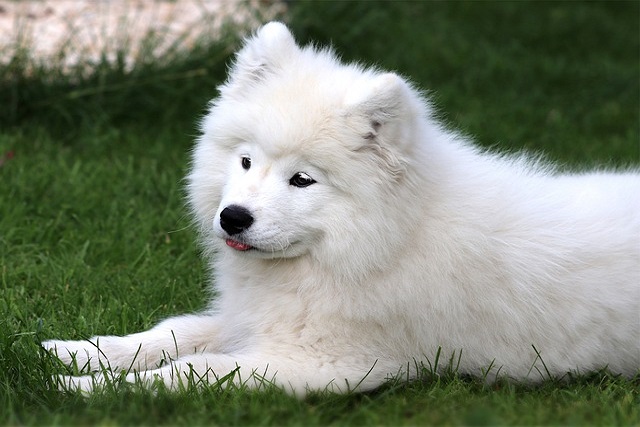
Now, the legal and neighborly essentials: Before those park walks begin, ensure your pup completes their core vaccines (rabies is mandatory in all 50 states). Always carry biodegradable bags—cities like Seattle fine $109 for uncollected waste. When practicing "potty walks" in shared spaces, keep pups leashed unless in designated off-leash zones, and respect lawn signage (yes, that "Keep Off Grass" note applies to Fido too!). Remember: Positive reinforcement isn’t just kind; it’s backed by behavioral science. Force or yelling violates animal welfare norms and can trigger reporting in communities like Portland or Boulder where humane training is legally encouraged.
Consistency is everything. Track patterns: Does Max whine at the back door after naps? Does Luna circle before squatting? Note these cues! If accidents persist past 6 months, rule out UTIs with your vet. You’ll master this—I’ve seen frantic Boston terrier owners transform into relaxed coffee-sippers while their pup peacefully "goes" on command. Trust the process, stock up on treats, and remember: This phase builds the foundation for a lifetime of clean floors and happy snuggles.

Tired of your dog’s endless barking at every passerby during walks? You’ve probably felt that mix of frustration and embarrassment when your pup lunges and growls at innocent strangers.
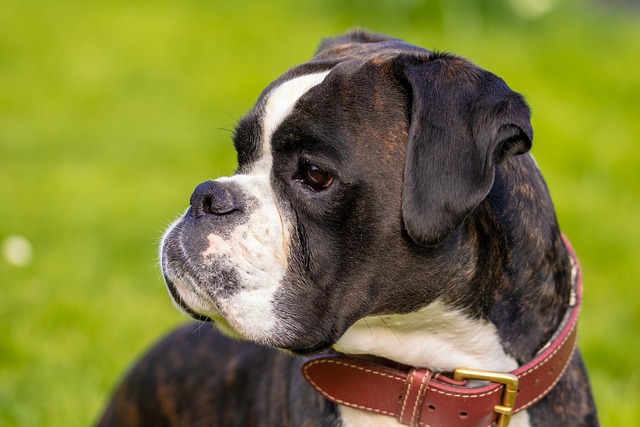
Discover how dog whistle training uses clear, humane signals and positive reinforcement to effectively curb barking and strengthen your bond with your dog.
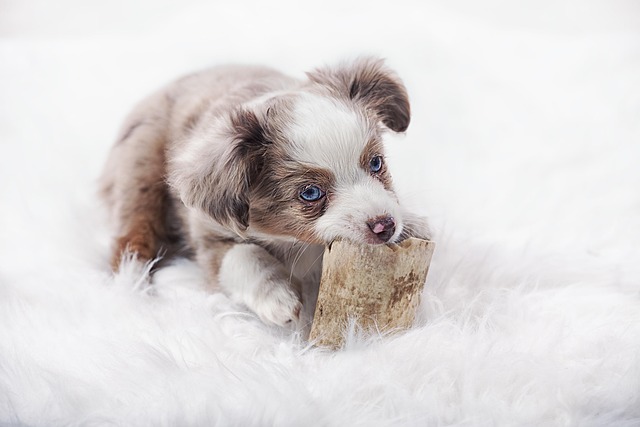
Raising a dog that behaves well around its furry friends isn’t just about avoiding embarrassing moments at the park—it’s crucial for your dog’s social well - being and the safety of everyone involved. But where do you start?
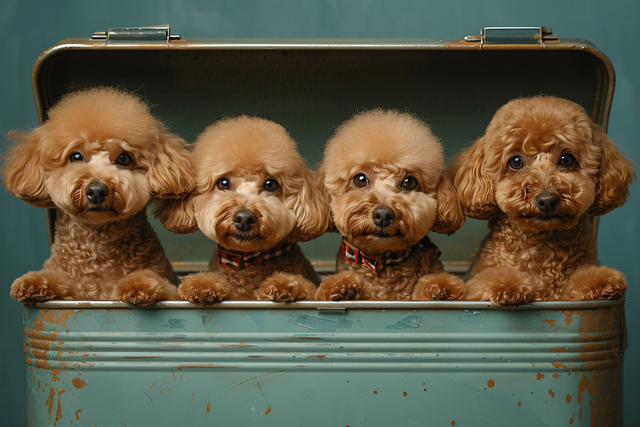
Stop puppy biting with positive, science-backed methods that build trust, teach bite inhibition, and create a lifelong bond with your golden retriever companion.
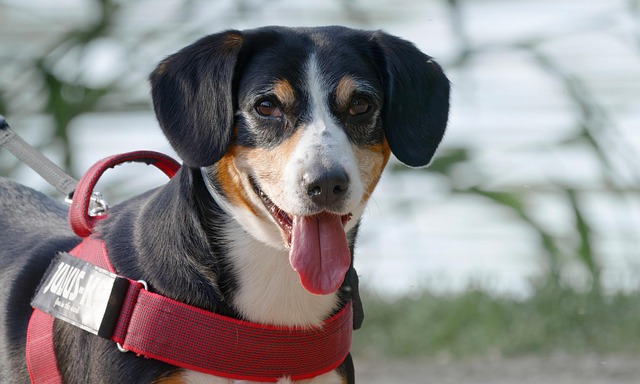
Bringing a new dog into your life is like adding a bundle of fur and energy to your family. But those adorable puppy antics can quickly turn into headaches if your four-legged friend hasn’t learned proper manners.
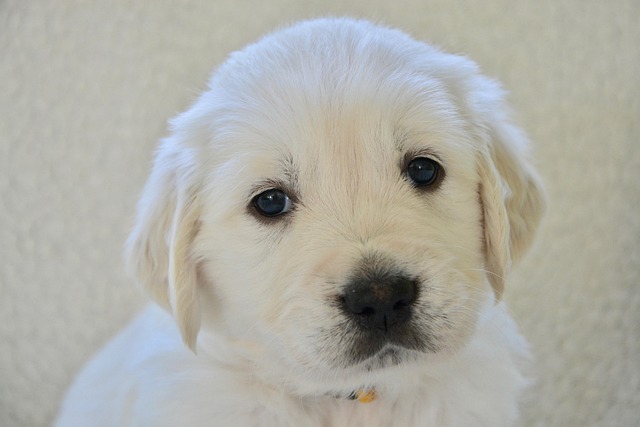
Master the sit command with clear hand signals that cut through noise, tap into your dog’s natural cues, and strengthen lifelong communication.